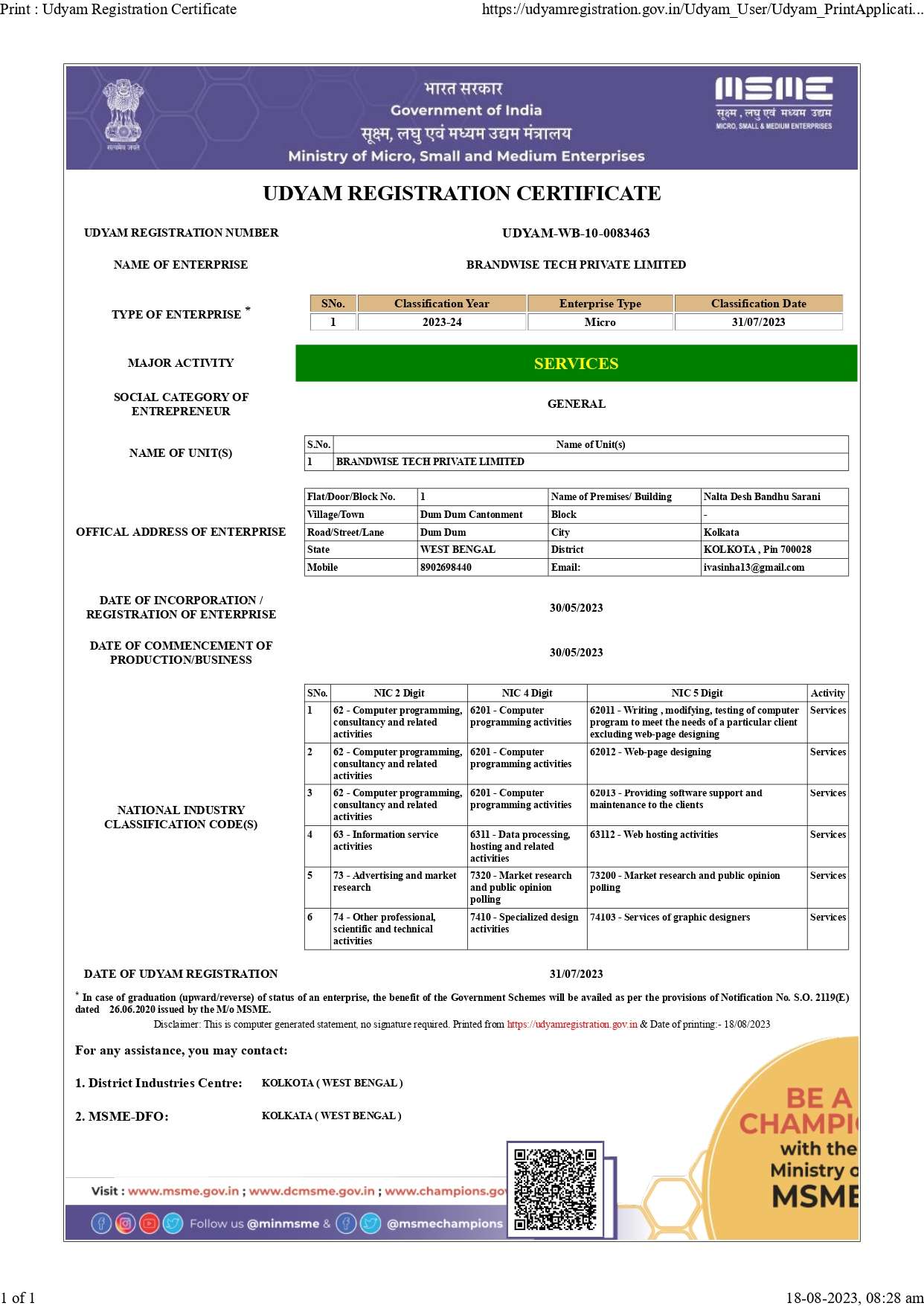Introduction: In today’s digital age, mobile devices have become the primary means of accessing the internet for a large portion of the population. As a result, web designers must prioritize creating responsive websites that adapt seamlessly to various screen sizes and resolutions. In this blog, we will delve into the significance of responsive web design and its impact on user experience and search engine rankings.
- Understanding Responsive Web Design: Responsive web design is an approach that ensures a website’s layout and content automatically adjust to fit different devices, such as smartphones, tablets, and desktop computers. By using flexible grids, images, and CSS media queries, web designers can craft a user-friendly and visually appealing experience across all platforms.
- Enhanced User Experience: Responsive web design is crucial for providing a consistent and intuitive user experience. A website that looks and functions well on any device will keep users engaged, reduce bounce rates, and increase the chances of conversion. With users constantly switching between devices, a seamless transition is essential for user retention.
- SEO Benefits: Search engines, especially Google, prioritize mobile-friendly websites in their search results. Websites that are not responsive may experience a drop in search rankings, resulting in reduced organic traffic. A responsive design ensures that your website remains competitive in search engine results pages (SERPs) and helps in reaching a broader audience.
- Faster Loading Times: Mobile users have less patience for slow-loading websites. A responsive design often means optimized images and content, leading to faster loading times on mobile devices. Improved loading speed not only enhances the user experience but also contributes to better SEO performance.
Conclusion: Responsive web design is not just a trend; it’s a necessity in the mobile-first era. Websites that prioritize user experience across all devices gain a competitive advantage and witness improved search engine rankings. As the number of mobile users continues to rise, investing in responsive design is an investment in the future success of your website.










